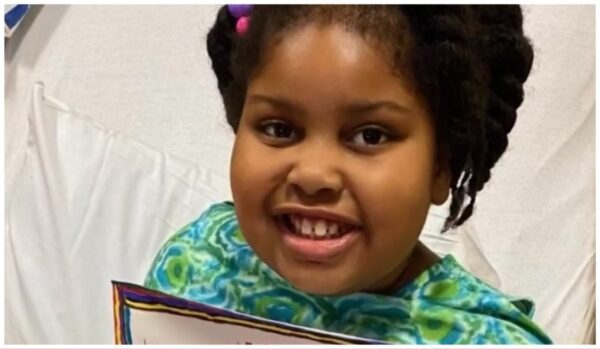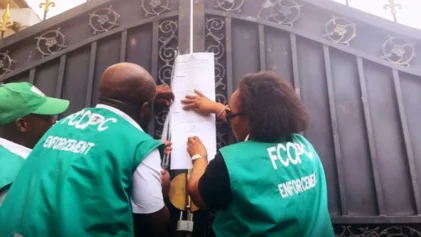An Indiana family is excited that their 10-year-old daughter is getting a new chance at life after a three-year-long wait for a kidney transplant ends. The little girl successfully completed her kidney transplant last week.
Serenity contracted COVID-19 three times, and her kidneys were severely damaged. She’s been going to dialysis three times a week while she and her family patiently waited for a match. The wait for a transplant grew even more as a result of Serenity contracting COVID-19 three different times.

“I feel so better, and I feel so wonderful. I can drink whatever I want. I can eat whatever I want,” Serenity said to WXIA-TV 11Alive News.
“I was so excited because I’ve been waiting for this for a long time. And I would call the transplant team like, ‘Hey, where is she at?’ I was so excited. I was crying. I called my mom. She was excited. Everybody was excited for Serenity,” said Quiana Culver, Serenity’s mom, to 11Alive News.
The problem of finding an organ donor didn’t just happen with Serenity and her family, as it is a problem that has plagued many Black families.
In October, the U.S. Department of Health and Human Services reported a little more than 33,000 Black people were on the U.S. transplant list waiting to receive a kidney, liver, heart, or lung. A nationwide effort has been underway to get more Black Americans, which make up 13 percent of the U.S. population, to become donors.
WALB reported that kidney transplants are more successful for Black people if the donor and the recipient are the same race. While 28.6 percent of the total candidates currently waiting for transplants are non-Hispanic Blacks, they account for 15.1 percent of organ donors in 2021, according to the Office of Minority Health of the U.S. Department of Health and Human Services.
More Black people becoming donors could mean shorter wait times and more positive endings, as with Dave Ford and Wendell Stallworth in Rancho Cordova, California.
Ford and Stallworth bonded with each other because both men needed heart transplants. The two men only had to wait a month to receive a transplant, which is relatively short compared to the normal wait times for Black people.
The American Heart Association reported that Black heart transplant patients between 2005 and 2016 experienced longer wait times for a heart transplant than other racial and ethnic groups.
As for Serenity, she says she has big plans for her future now that she has a second chance at life. She told 11Alive News that she wants to be a nurse or a singer, but first, she is eager and excited to hit the swimming pools with her friends this summer.


